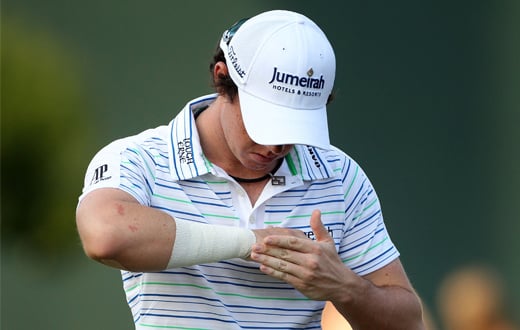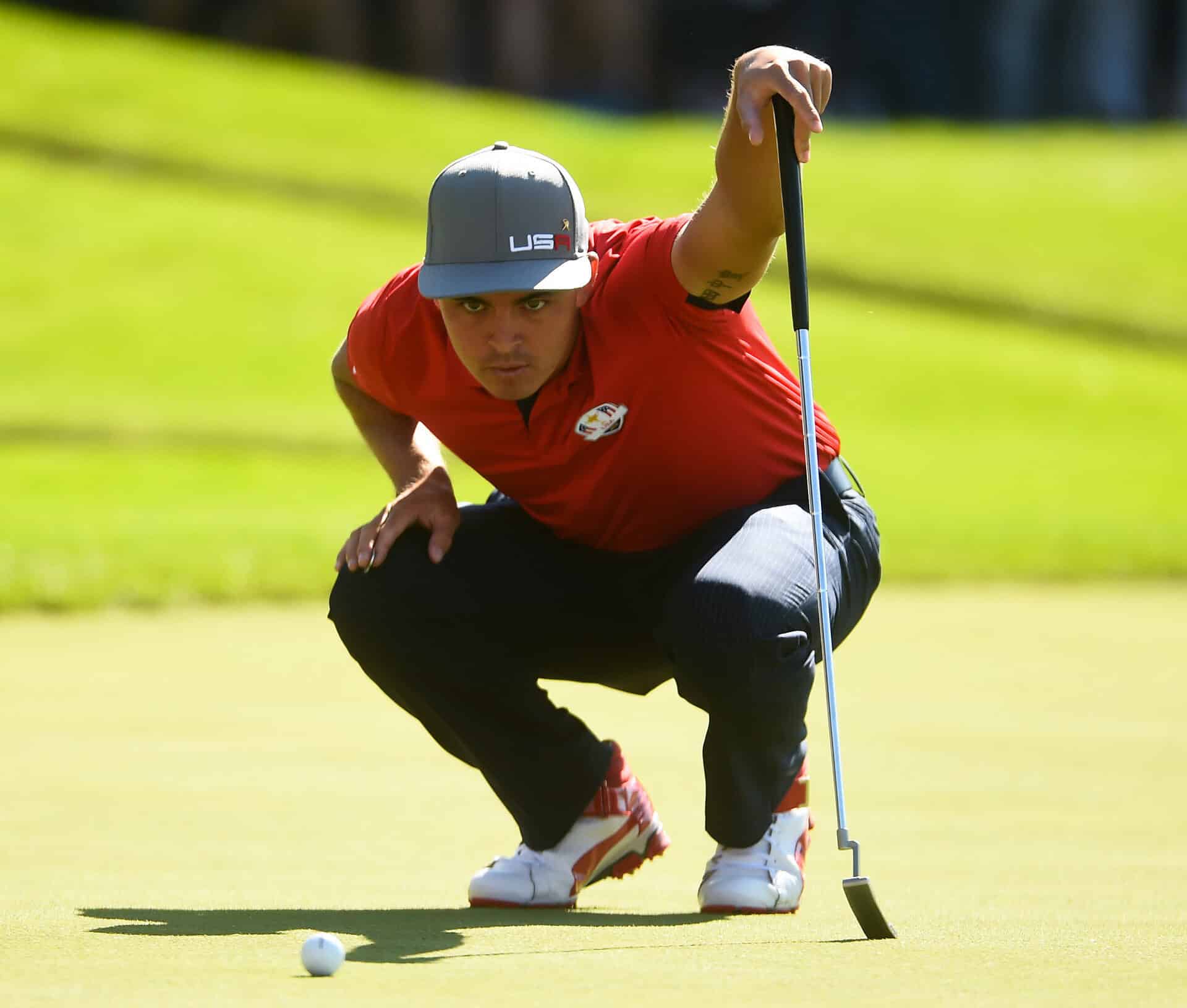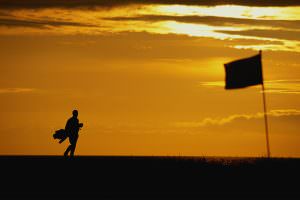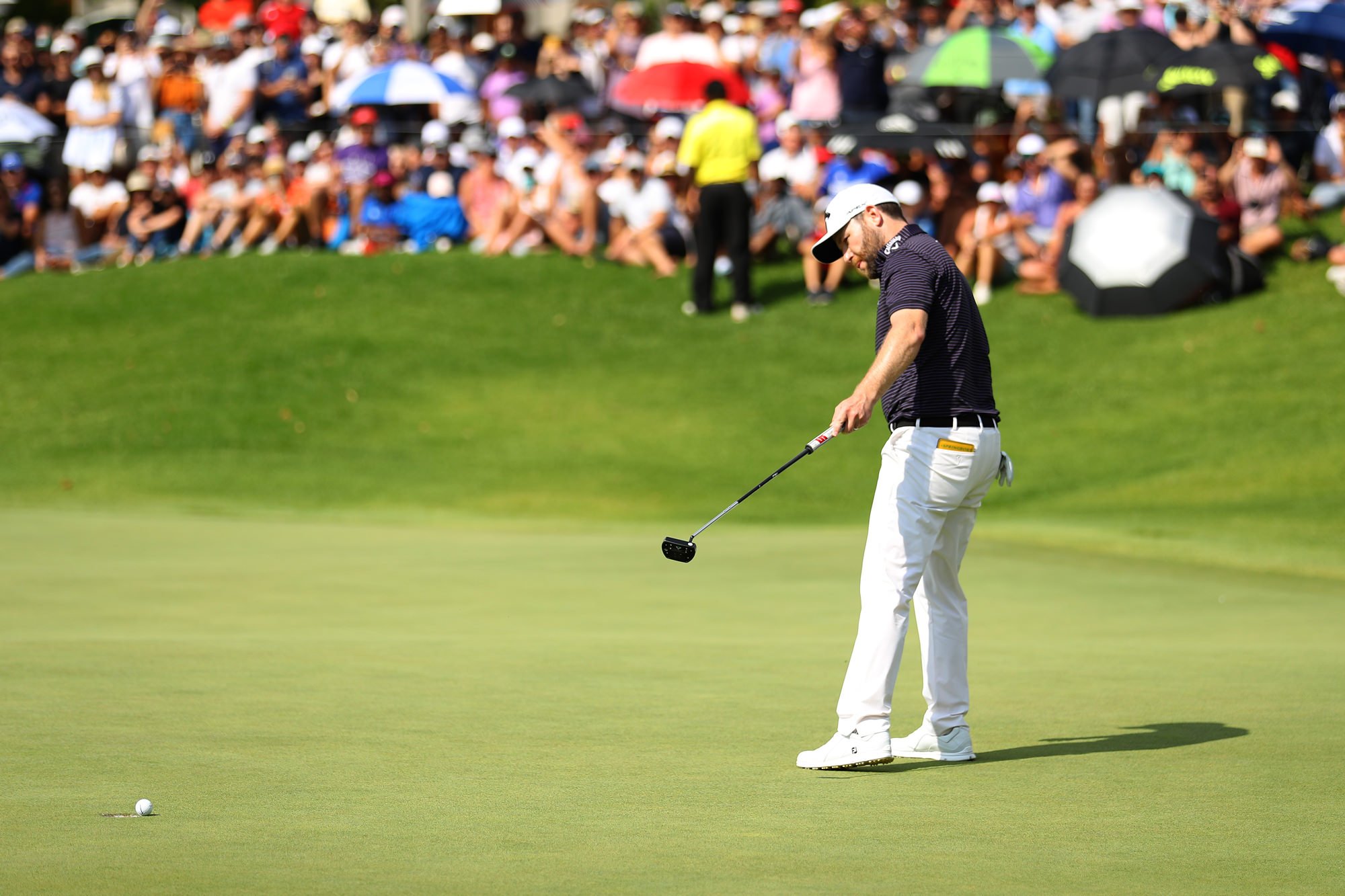
Four things that could really be affecting your golfing game
Earlier this month, Rory McIlroy became the first ever golfer to grace the cover of Men’s Health magazine in America, destroying the typical stereotypes and upping the game throughout the golfing circuit.
Quashing the conventional image of knitted vests, golfing has been growing in popularity over the last few years for all walks of life thanks to the elite stars optimising their game through fitness.
As we all know, golfing is a strenuous sport involving skill, strength and ultimate health, so why this stereotype of the unfit older male exists is fairly unknown.
However, Rory isn’t the only one lifting the weights to improve his game. Tiger Woods has to be the pioneer of golf fitness and Adam Scott claimed top fitness status after he lifted the Masters title in 2013 with more attention placed on his physique – not just through tabloids but how it exactly improved your game.
In terms of the most common golfing injuries and conditions, some of these may surprise you…
Hayfever
Allergies will have even the fittest of folk at a standstill but when it comes to golfing, hayfever can be the ultimate enemy. No other sport has the amount of pollen, space and temperamental weather conditions than golf, and it’s your play that suffers. Mix this with the strenuous nature of golf and you may find yourself short of breath fairly soon.
The experts at HealthExpress have reinforced the importance of supplying yourself with enough antihistamines and nasal sprays with the summer just around the corner, relieving the frustrating symptoms of hayfever. There’s nothing like a good round of golf on a sunny day and you can be one of the many that has their allergy under control.
The effects of the sun
With such ground to cover, dehydration is a surprising common side effect for golfers. Non-golfers don’t understand the physicality of the sport – four hours of near constant exercise can take its toil on your body. It is essential to rest between 18 holes and carry enough water with you to avoid the effects of dehydration.
Other side effects include sunburn and insect bites, with many professionals carrying insect repellent on them during a round to avoid distractions and nasty infections. Sunstroke affects a surprising amount of us every year – the NHS has the best resource in not only preventing, but treating leaving you to focus on your swing.
Rotator cuff
The most common issue when it comes to golfing is injuries to the rotator cuff in the shoulder – not surprising! Your swing can place much pressure on your shoulder socket and tendons causing tearing and much pain. How can you avoid this?
Like the pros, adjusting your fitness regime to include many shoulder strengthening exercises such as static rotator cuff contraction and resistance band internal rotation will act as protection as well as improving your swing.
Blisters
This one is for the new golfers that didn’t realise the sheer impact that grasping a club would have on their hands. Despite wearing protection in the form of a glove on your top hand, you can still develop calluses on both.
Your feet may also suffer with a round of golf. It has been reported that in the typical 18 hole round, you can walk around five miles, burning over 1,400 calories in the process. Comfort has never been so paramount when it comes to sport. A decent grip glove and cream to soothe the blisters is best practice.
Do you have any other unusual reasons that are affecting your golf game?
For more golf news, discussion and videos follow @NCGmagazine on Twitter, like us on Facebook, subscribe to our YouTube video channel, and sign up to our newsletter.









